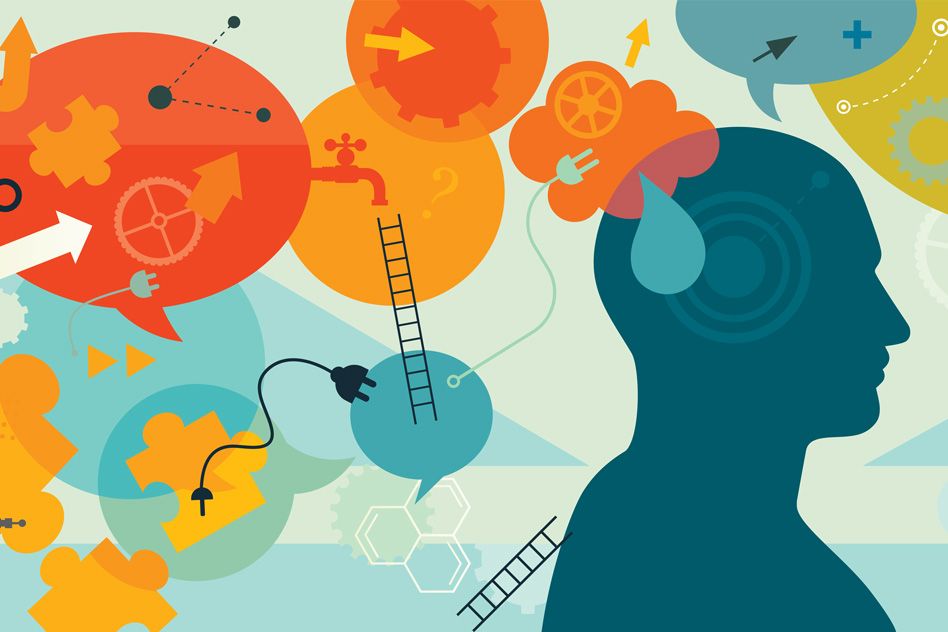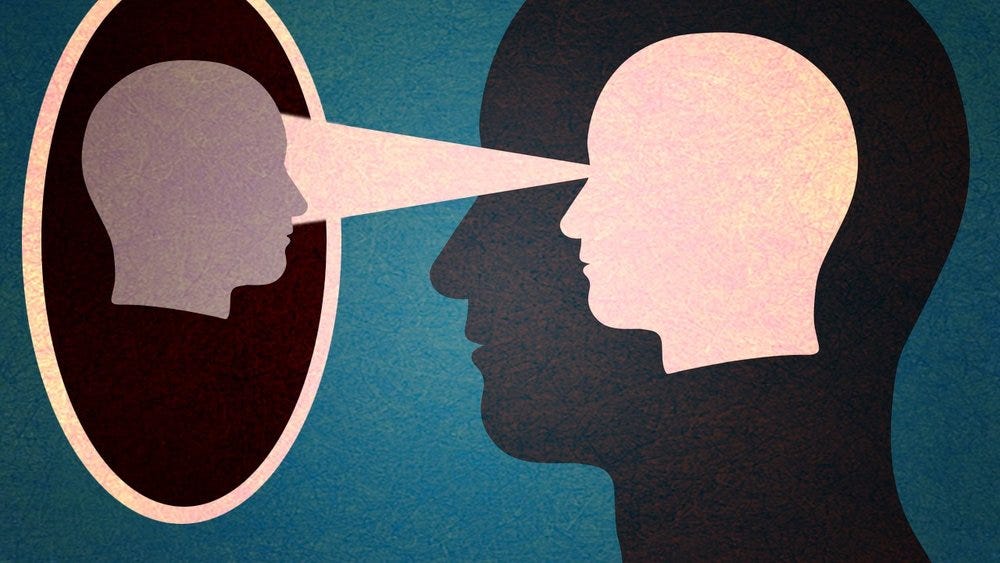Communicating Nonverbally
Nonverbal Communication - "The intentional or unintentional transmission of meaning through an individual's non-spoken or physical and behavioral cues." (Chapter 9. Pg. 233)
Physical Appearance - "a nonverbal code that represents visual attributes such as body type, clothing, hair, and other physical features." (Chapter 9. Pg. 245)
When communicating with others nonverbal communication is just as important as verbal communication. Nonverbal communication can allow you to see how others are feeling without the use of words. Physical appearance is one of the forms we use to communicate nonverbally, Hair, clothing, media portrayal, etc., all express certain qualities about a specific person.
The clothes you chose to wear and the way your hair looks can tell a lot about how your day is going and even how your mood is if it's a continuous event. Now I'm not saying that anyone should strive or even believe that either of these qualities determines who you are as a person. But if a person generally maintains these qualities, when they change it can say a lot.
You can always tell when I'm having a rough day just based on my hair. My hair will be extremely frizzy, poorly maintained, appear to be less curly, and even greasy sometimes. Along with my hair, my clothing choice for that day will be uncoordinated and/or lack any effort.
During my senior year of High School, I was having hypertension and heart issues that forced me to give up the medications I take daily. This doesn't seem like a terrible issue but for me, it was. I've been blessed with severe chemical imbalances within my brain. I have a deficiency in the neurotransmitters dopamine, norepinephrine, and serotonin. These chemicals all play a role in mood, feelings, emotions, motivation, basically how I live and perceive life.
The disappearance of these meds not only affected my mood daily but also how I was performing in school. These factors took me to a place where I didn't care about anything, I wouldn't take care of my hair, it even died during this period forcing me to restart later. I would just put on whatever clothes were closest and easiest, and my physical appearance diminished. My friends would always ask me if I was okay and check on me, not because they knew what was going on but just because my physical appearance changed drastically towards a carless unmaintained appearance.
Even though I didn't verbally express my feelings, my physical appearance said enough to know something was wrong.




